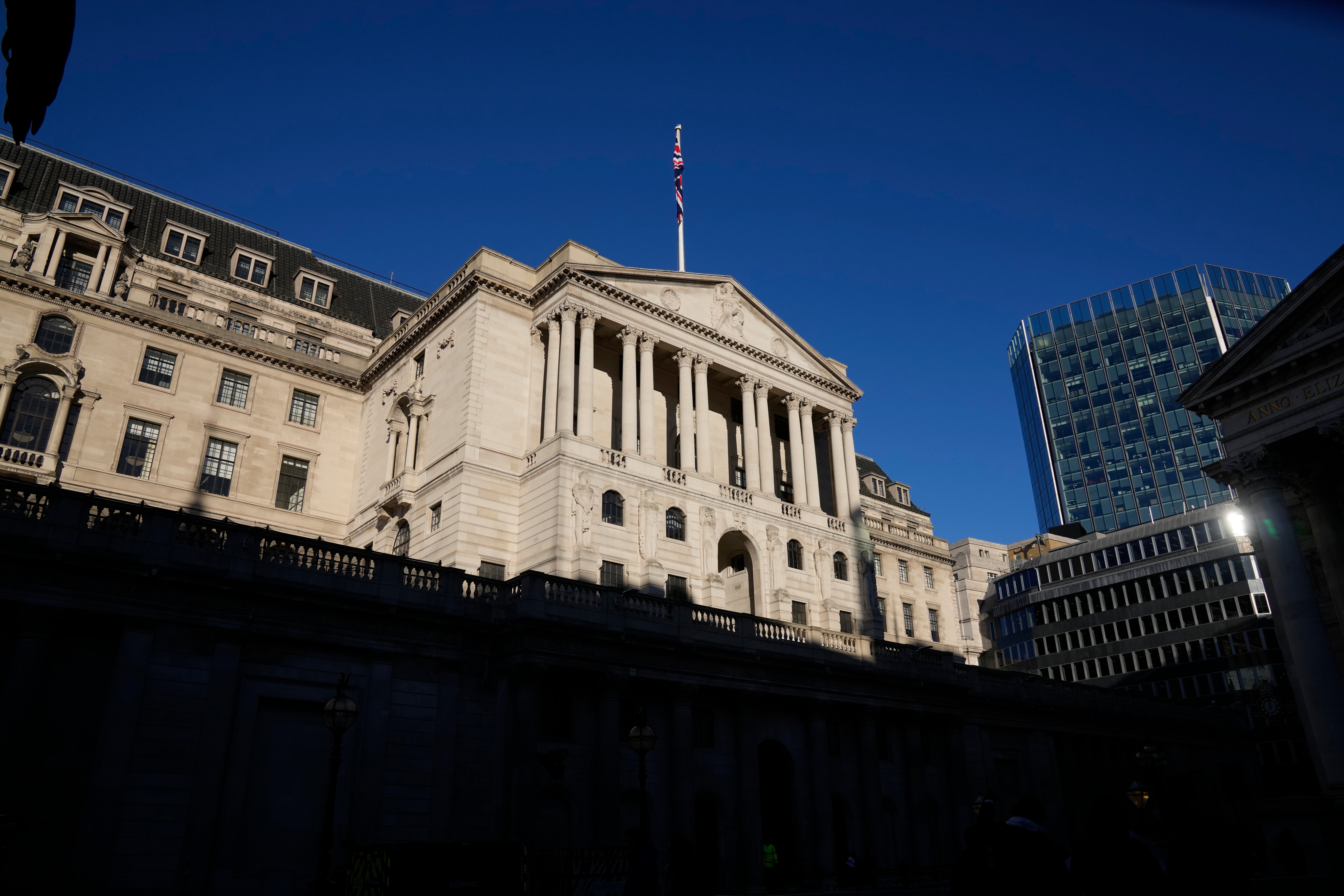Bank of England holds fire on interest rates – but good news is coming for homeowners
Pressure is building on the Bank to cut rates. But with inflation now falling, it’s a question of when, not if, writes James Moore


Here’s the good news: a rate cut in either July or August can probably be characterised as a racing certainty. But will the Bank of England feel confident enough to pull the trigger early? Borrowers are eagerly awaiting the answer to that question.
As expected, the rate setting Monetary Policy Committee (MPC) left rates at 5.25 per cent at their latest meeting.
The 7-2 vote, however, threw up a modest surprise. Dave Ramsden, one of the Bank’s deputy governors, joined the MPC’s dove-in-chief Swati Dhingra, an external member, in voting for a cut. I had expected an 8-1 decision.
This is only the second time that one of the Bank’s in-house team has broken cover to go against the majority during the current cycle.
Governor Andrew Bailey said he was “optimistic” that things are going in the right direction but noted that there was “a range of views” among the majority about the inflationary risks the UK economy faces and how the Bank should proceed.
Fortuitously for its members, there will be two full sets of inflation and labour market data to inform the next meeting. How might that go? Bailey is keeping his cards close to his chest. Put on the spot about whether the Bank would cut in June in the event that all the data comes in as forecast, the governor opted for a word salad, as he often does when put on the spot.
He talked about those differing views and ultimately ducked an answer by saying the decision would be based on how the Bank assessed the risks.
At this point, I should restate that for most mortgage holders – those on two or five-year fixed rate deals – what really matters is the City’s view on the longer-term pathway for rates and how that informs the market.
Worryingly for homeowners faced with re-mortgaging – and for prospective homeowners – the Bank’s modelling now suggests a higher pathway for rates in the medium term than it previously forecast. However, the first cut will improve sentiment and that should help. Traders have also lately been betting against the pound. The pressures that have forced lenders to hike their prices have eased.
Bailey was also keen to stress that the Bank is not in hock to the US, where rates look almost certain to remain higher for longer than had been expected. “There is no law,” he huffed, that he and his colleagues have to wait for the Fed to move. Well duh. But people think there is, because that is often the way things turn out. Central banks tend to move in packs, and if the big dog barks, the others follow its lead.
However, the UK’s inflation outlook has started to look different from that of the US, which endured a shock rise to 3.5 per cent in the year to March when the UK rate fell from 3.4 to 3.2 per cent.
One big factor that spiked the MPC’s guns this month was the stickiness of service price inflation. Service prices are heavily influenced by pay rates, with rises running at about 6 per cent.
But these are expected to ease, and there are also increasing questions about whether businesses will be able to pass on the rising costs of their employees. UK demand is weak. Panmure’s head of research, Simon French, recently offered an explanation: consumers paying down debt, rather than spending. That caution could be seen as a welcome sign both in general terms (too many Britons are drowning in debt) and for the MPC (soft demand puts a brake on price rises).
Businesses and their lobby groups are currently in lockstep with domestic borrowers in screaming for a rate cut as soon as possible. The pressure to act is only going to grow. It will come from the government too. A rate cut would come as welcome news for a flailing Rishi Sunak.
With all that said, the City still puts the chances of a move in June at just below 50 per cent. But as Bailey implied, keep watching the data.
If wage rises ease, unemployment rises as expected, and inflation continues to fall, the odds on an earlier cut will almost certainly improve. I’m now leaning towards June, but I certainly wouldn’t want to bet the mortgage on that. They’re pricey enough as it is.
Join our commenting forum
Join thought-provoking conversations, follow other Independent readers and see their replies
Comments
Bookmark popover
Removed from bookmarks